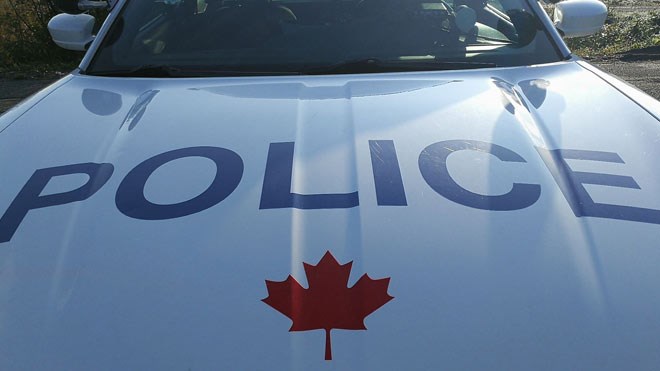Where in the world are the police? Certainly not in our outlying communities.
There would appear to be a silent crisis happening at 190 Brady St. – home of the Greater Sudbury Police Service. While outlying towns are under siege, residents are forced to patrol the streets to bring some semblance of safety to their neighbours.
This, of course, is a false sense of security as a handful of officers are tasked with covering a 3,330 square kilometre area.
The GSPS vision is listed as: “We ensure community safety and well-being (CSWB) through collaborative partnerships, innovation and community engagement.”
As a resident of Levack, I feel they have failed miserably in “ensuring community safety and well being.” Repeated requests to patrol our area were met with all the excuses on why they couldn’t come out, how they were too busy and too short-staffed.
Even an attempt to pay them as an “extra duty” to do their job was rejected.
Their “complaint-driven policing” smacks of a police service in crisis. A few officers run from one priority call to another while minimizing and trivializing our need to feel protected and valued as a community.
As a taxpayer – I resent the taxation without consideration. We deserve to have proactive policing (among other services) that don’t require a constant barrage of complaints from the citizens. They know what their role should be – and it’s not up to the residents to tell them to do their job.
A recent Sudbury.com article that focused on GSPS response times had the reader believing they were dealing in “minutes.” For anyone in the outlying communties, we know this to be fiction. When every second counts, they are hours away.
Deputy Chief Sara Cunningham was tasked with the impossible role of explaining the dysfunction by stating, “It depends on the officer’s confidence in driving at excessive speeds, it depends on the weather of the night, it depends on, you know what I mean, so much."
To this I say: Shame. How dare the GSPS rely on short-staffed officers to further endanger their lives and the public's safety by regularly having to drive 'excessive speeds' to get to calls. They shouldn't be tasked with creating the illusion that they are right around the corner when the public clearly knows otherwise.
We don't need magicians, we need a proper police force.
This begs the question: Where have all the police officers gone? Why are there so few on the road, yet their building is deemed too small to house all the clerical and administrative workers?
Perhaps it’s time to thin out the herd. Those that are unable or unwilling to work will have to find alternate employment that doesn’t jeopardize our communities right to have a police presence. I don’t know who the “Collaborative partnerships or Community Engagement” are for– but it’s certainly not us.
Add this to the fact that they have removed the “police storefronts” in outlying communities and the building sold off for pennies on the dollar, and we know exactly where we stand with the police and the city.
Perhaps it is time for trained officers who have risen the ranks to desk positions to dust off their gun belts and head back onto the road. We have a policing crisis in Sudbury, yet “support staff” is busting at the seams driving desks instead.
Unless there is a paperwork crisis, it’s time for all the sergeants, staff sergeants, inspectors, detectives, deputy chief and chief to hit the road. They are all trained to police – and it’s time that they actually did.
We don’t need innovation. We need adequate and effective policing under the Human Rights Charters and Freedoms and Human Rights Code. This includes: crime prevention, law enforcement, maintaining peace, emergency response, and assisting victims of crime.
If they are unable or unwilling, then perhaps it’s time for the city to step in (as they are able to do under the Police Service Act) and force the change instead.
Chantelle Gorham
Levack
